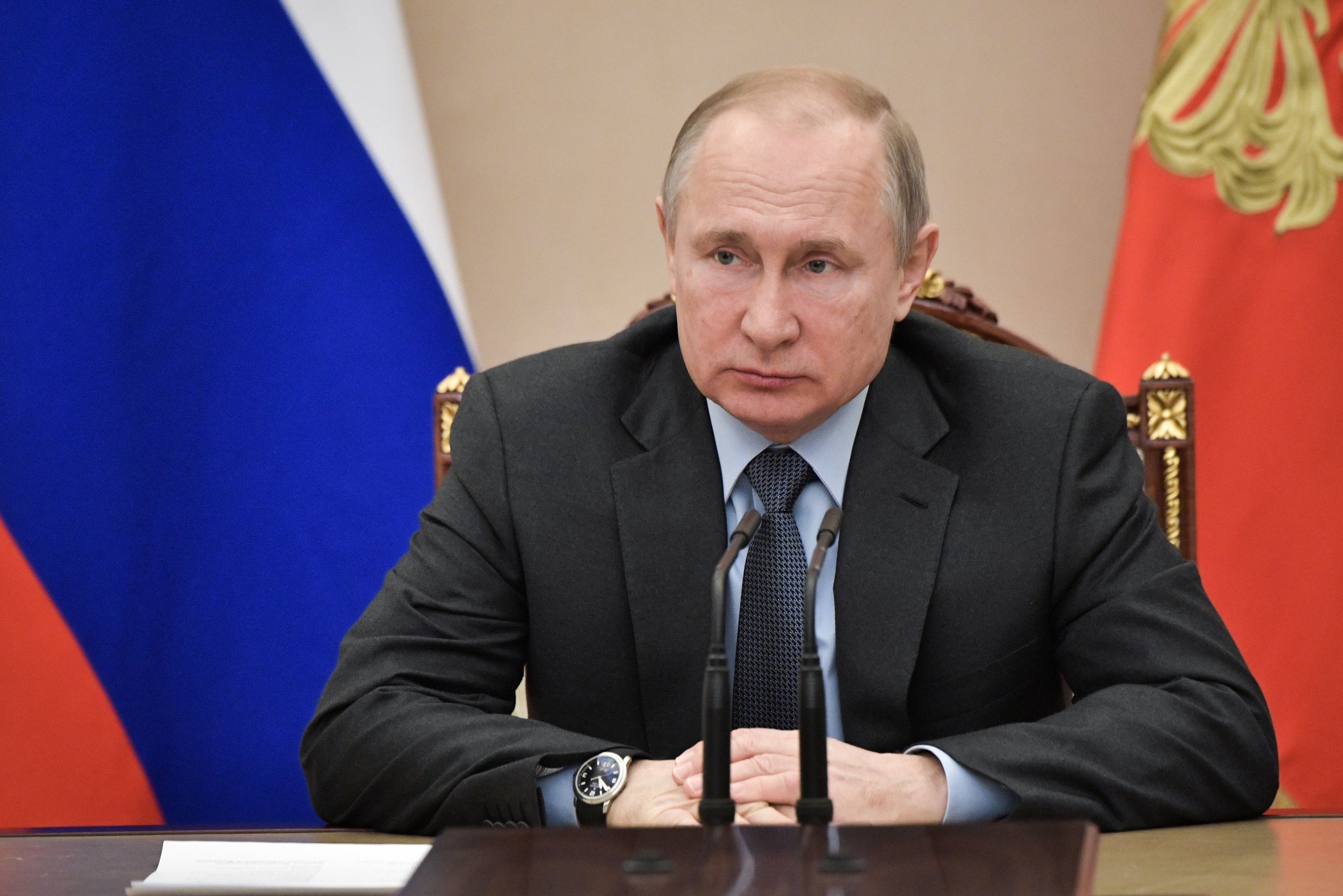
Russia's government has passed legislation critics fear will lead to a clampdown on freedom of speech.
Russian parliament's upper house today approved two bills that would see websites blocked and fined.
The first bill penalizes websites that "insult" authorities, state symbols and society. Offenders could be placed in jail for up to 15 days, Radio Free Europe reported.
The second bill forbids "false information of public interest, shared under the guise of fake news."
The new legislation, which 149 senators voted for and only three opposed, will be passed on to President Vladimir Putin to be signed into law.
It will enable the prosecutor-general and his deputies to decide what constitutes fake news and for the state-run media watchdog, Roskomnadzor, to block any website not complying.
Websites not registered with the watchdog will be blocked without warning. Individuals could be fined $1,500, public officials $3,000 and companies $7,600, Lenta.ru reported.
Nikolai Svanidze, a journalist and member of Russia's Civic Chamber, described the laws as "barbaric" and said they would "make journalists fearful of speaking and writing," the BBC reported.
The business newspaper Vedomosti said the laws could threaten online news sites and blogs that quote anonymous sources critical of the government.
Meanwhile human rights activist Zoya Svetova and popular writer Lyudmila Ulitskaya are among those to have signed a petition opposing the laws, describing them as examples of the government's "cynical disregard of the constitutional rights of citizens."
The lower house, which gave final approval to the bills on March 7, and the upper house are both dominated by the ruling United Russia party.
The Russian Presidential Council for Development of Civil Society and Human Rights called for the bills to go back to the Duma to be reworked, Radio Free Europe reported.
The bills were not supported by the opposition parties A Just Russia, the Communist Party or the nationalist Liberal Democratic Party.
Kremlin spokesman Dmitry Peskov defended the legislation, saying, "This sphere of fake news, insulting and so on, is regulated fairly harshly in many countries of the world including Europe. It is therefore of course necessary to do it in our country too," The Moscow Times reported.
Last weekend, thousands of protesters took to the streets of Moscow to protest a so-called "digital sovereignty bill" that aims to stop the country's internet traffic being routed through foreign servers.
The Kremlin says it would improve cyber security but campaigners say it will increase censorship.
Uncommon Knowledge
Newsweek is committed to challenging conventional wisdom and finding connections in the search for common ground.
Newsweek is committed to challenging conventional wisdom and finding connections in the search for common ground.
About the writer
Brendan Cole is a Newsweek Senior News Reporter based in London, UK. His focus is Russia and Ukraine, in particular ... Read more
To read how Newsweek uses AI as a newsroom tool, Click here.








